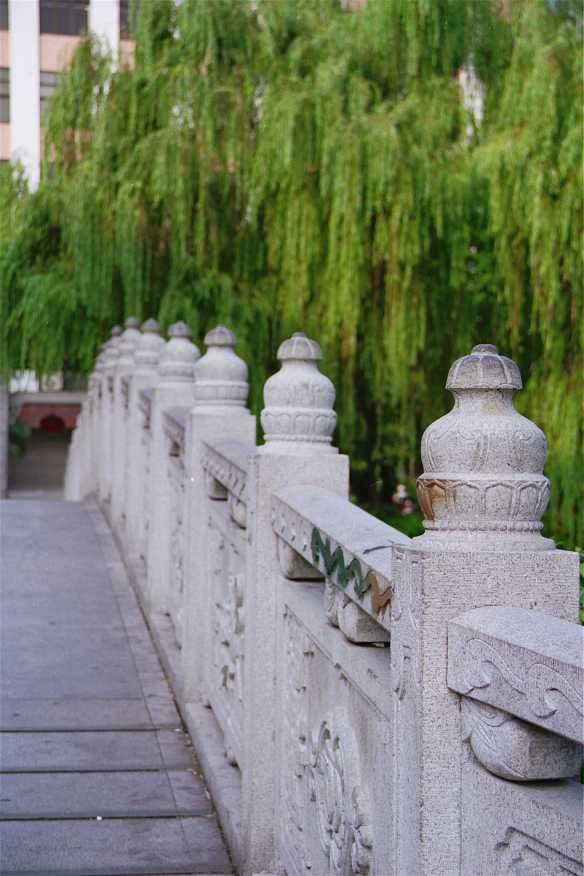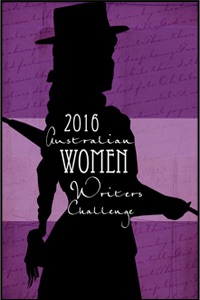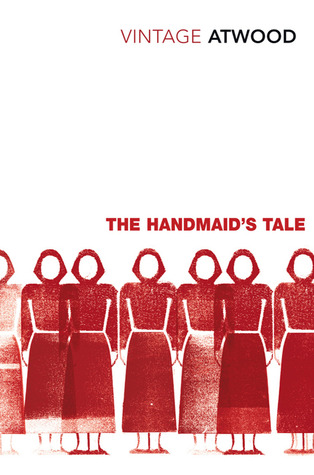The job offer in my inbox reads:
Teach English in China! No experience necessary. Must be a native speaker. TESOL/TEFL certificate required. No university degree needed. One-year contract. Teach 24hrs/week maximum. Salary: 6500RMB/month plus end of contract bonus of US$800. Round-trip airfare reimbursed. FREE accommodation, Chinese classes and gym membership. Start ASAP. Contracts are attached.
Ash, my boyfriend, and I accept this job over ten other, similar offers.
***
Beads of perspiration line my top lip. I brace my knees to stop them shaking but can’t suppress small tremors rippling through my fingers. My throat refuses to let sound pass. The air conditioner thrums and water trickles from the drainage hose into a red bucket. A dark green stain on the carpet betrays an earlier spillage. The smell of stale sweat infuses the room. Twenty blank-faced students stare at me. They’re all about thirteen and most wear blue and white nylon tracksuits. Parents crowd at the hallway windows, my judge and jury.
Today is my third day in China, my first day of teaching at Lingdong English School, and my first day of teaching. Ever. My gaze flows over faces then freezes. Helen. My boss, pen in hand, sits among the students. She mentioned assessing my teaching style. But my first class? My heart races, the air conditioner whirs. I smear clammy palms across my skirt, take a deep breath and split my lips into a stiff smile. ‘Good morning boys and girls. My name is Sonja.’
Time falls away. The minutes pass with excruciating slowness as I plough through my lesson plan. The students are mostly mute, unless asked to repeat a word in unison; then they become champion choral drillers.
‘If Tom is tall and Bill is taller, then what is John?’ I ask.
No answer.
‘Tom is tall. Bill is taller. John is the… ?
Silence.
‘Can anyone tell me?’
Twenty pairs of brown eyes avoid my blue ones. The air conditioner chugs. Water trickles. Parents glare at their child, and me, through the windows. Later in the semester I cover those windows with drawings done by my students, to give us some privacy, but for now we’re all on display.
‘Anyone?’ I ask again.
Still no volunteers.
It’s death by silence.
***
I’m not sure why I’m here. China was never on my list of ‘must see’ countries. I recoil from the chaos and confusion, the congestion of traffic and people; all of it presses up close. Too close.
***
Plastic tables and chairs from several restaurants crowd the footpath. Ash and I stare up at a picture menu plastered on an external wall. The diners stare at us. So do the staff. Our decision on where to eat is made by a table becoming vacant. We sit, become less conspicuous. People continue to stare. Laowai, they whisper. We are white foreign devils. A waitress rushes up with a pot of green tea and menus in Chinese.
Cheeks flushed, she asks us something.
‘Ting bu dong,’ I say. I don’t understand.
She speaks again, points to the menu.
Ash flicks through our phrase book. ‘Wo yao ji,’ he reads.
The girl speaks in a rush, her cheeks blush brighter.
‘Yes,’ we nod, not understanding a word.
She whips the menus off the table and disappears into the restaurant.
‘Do you reckon we’ll get chicken?’ asks Ash.
A chicken complete with feet, head and rosy red comb lies on the plate before us. How does one eat a whole chicken with chopsticks? The blameful eye of the chicken watches me as I poke at it. I plunge my chopsticks into the bird’s breast. Stringy chunks of meat come away from the bone. The leg meat is more resistant. The tendons at the knuckle refuse to give way to my jabbing and I resort to using my fingers. A nearby group of diners stops eating and stares.
***
Early morning shoppers slowly cycle past me as I walk to the gym located next to Lingdong School. One woman’s front basket is brimming with leafy greens and a still-flopping fish in a plastic bag while another has a live chicken, legs tied, hanging upside down from the bicycle’s handlebars. Toddlers wearing split pants, their little buttocks on display, teeter down the street grasping their mothers’ hands. (The Chinese don’t use nappies, so when nature calls the child is held up over a shopping mall bin, a garden bed or sometimes just left to squat on the footpath.) At the gym middle-aged women walk backwards on the treadmill and men in suits work out and smoke.
***
English has not yet infiltrated Foshan, a city of five million people. Street signs, product packaging, menus, newspapers and books are all in Chinese. I am illiterate—my communication is limited to miming and the use of a phrase book. I need help opening a bank account, buying bus tickets, organising dry cleaning, connecting the internet, getting water delivered, going to the doctor and buying medicine.
***
I peek into the staffroom to see who’s around. There’s Emma, a brown-eyed Brit with an effervescent personality, her boyfriend Simon, a blond, blue-eyed computer geek who is taking Kung fu lessons and Kinga, a large-in-every-way Aussie.
‘My teenage students won’t speak,’ I announce.
‘Welcome to teaching English in China,’ retorts Kinga.
‘But what do I do?’
‘You just have to suffer through it,’ answers Simon.
‘You’re kidding?’
‘We all have the same problem. It’s almost impossible to get the teenagers to speak,’ sympathises Emma.
‘But why?
‘Saving face,’ says Kinga. ‘You can’t fight it. It’s so ingrained it’s like it is part of their DNA. Trust me, I know. I’ve been here for five years. They won’t talk because they don’t want to look like an idiot in front of the others. It means they make everyone look like idiots. Something about the group “face” being more important than the individual. That’s why if you ask “Do you understand?” most times they’ll say yes, even if they don’t. For the Chinese it’s better to leave the conversation confused than to “lose face” by saying they don’t understand.’
‘So what can I do?’
‘Nothing,’ says Kinga.
‘Endure the silence as best you can,’ adds Simon.
Emma shrugs.
***
We’ve been here for over a month and, apart from the Lingdong teachers, I haven’t seen another foreigner’s face.
***











